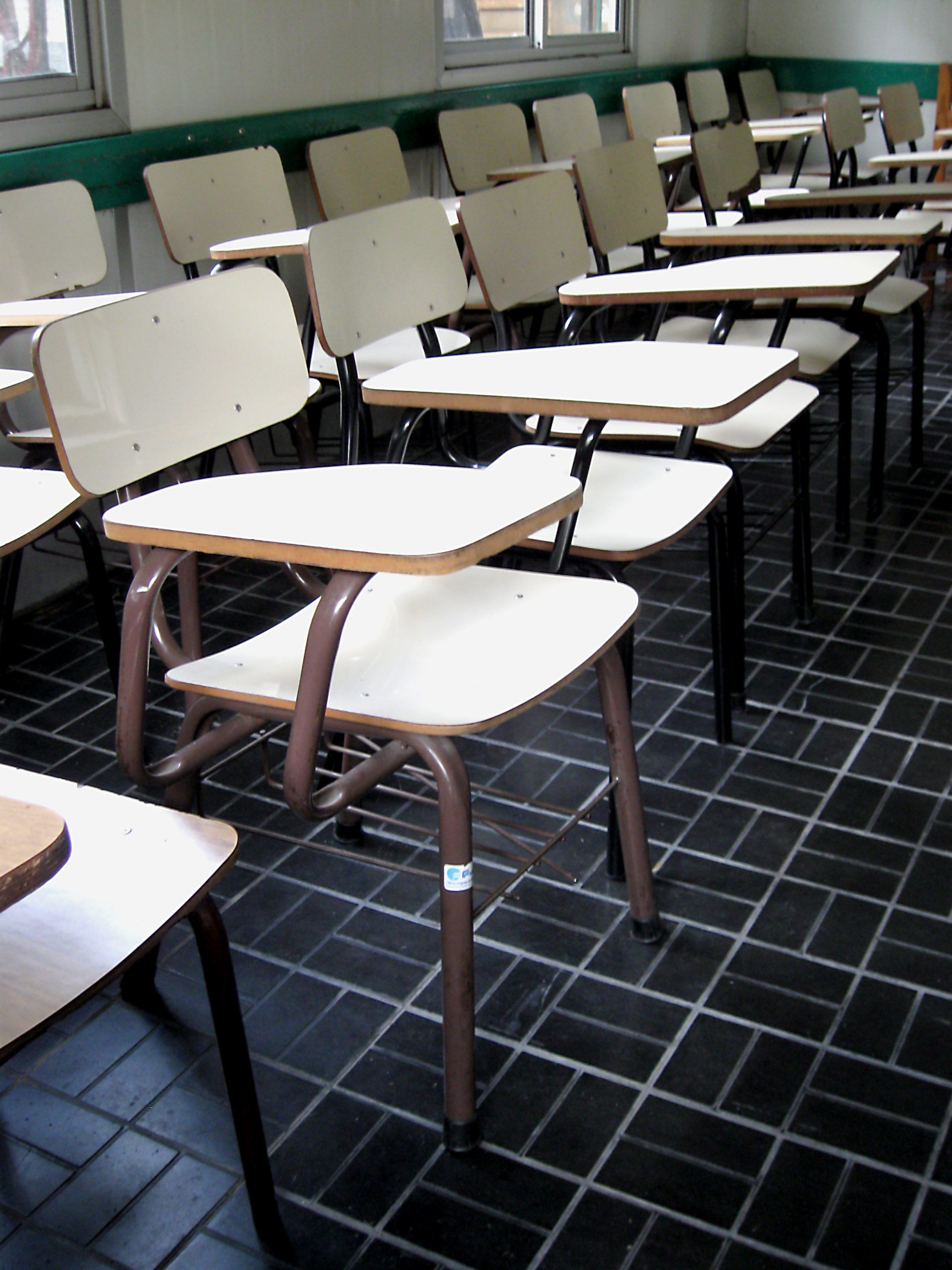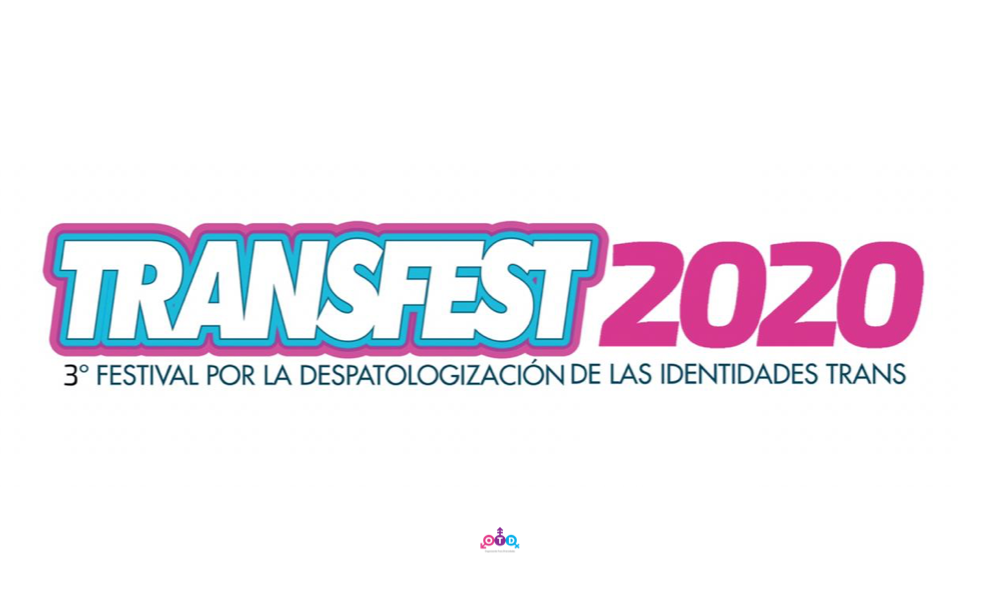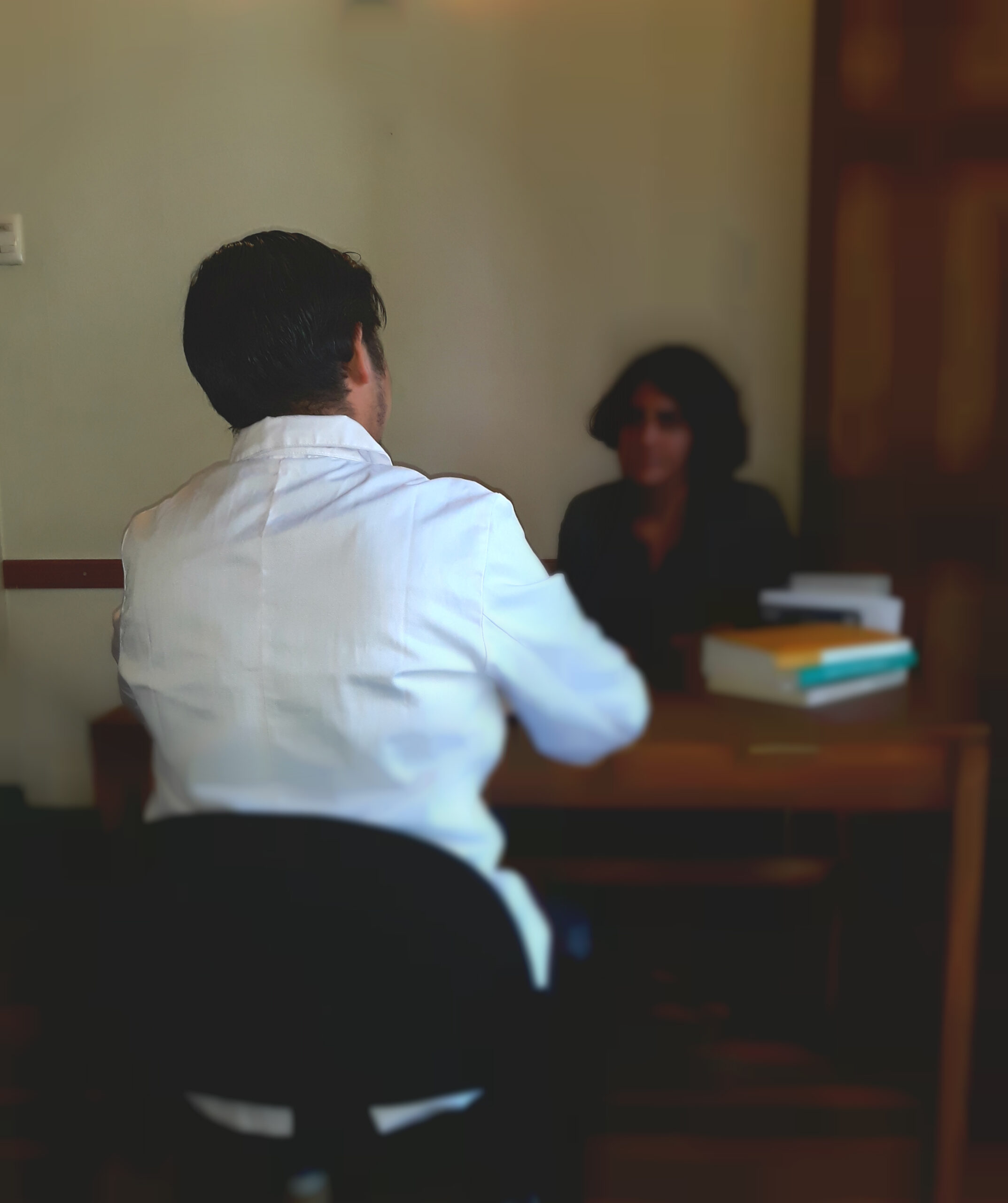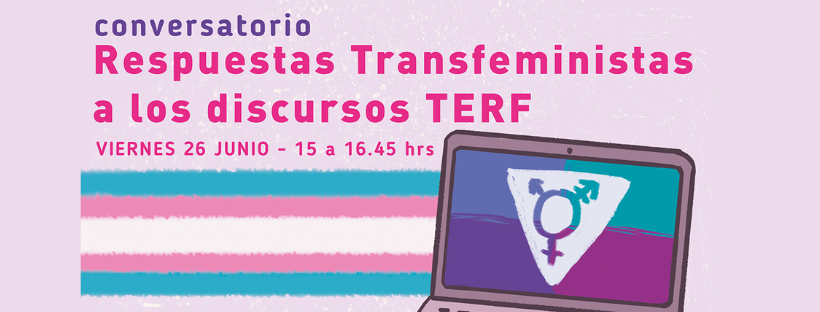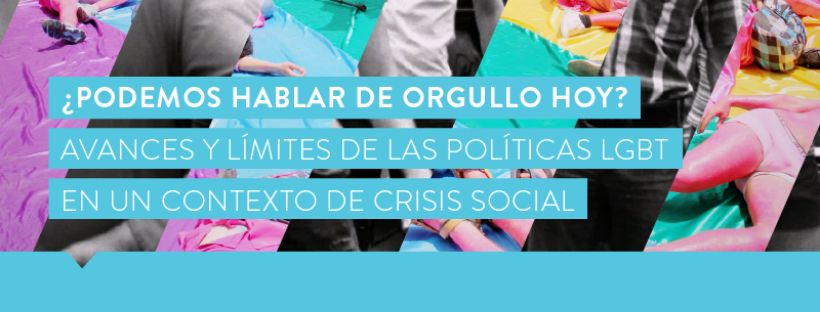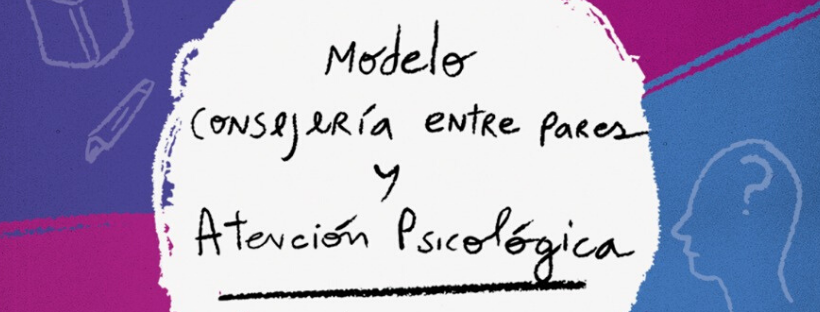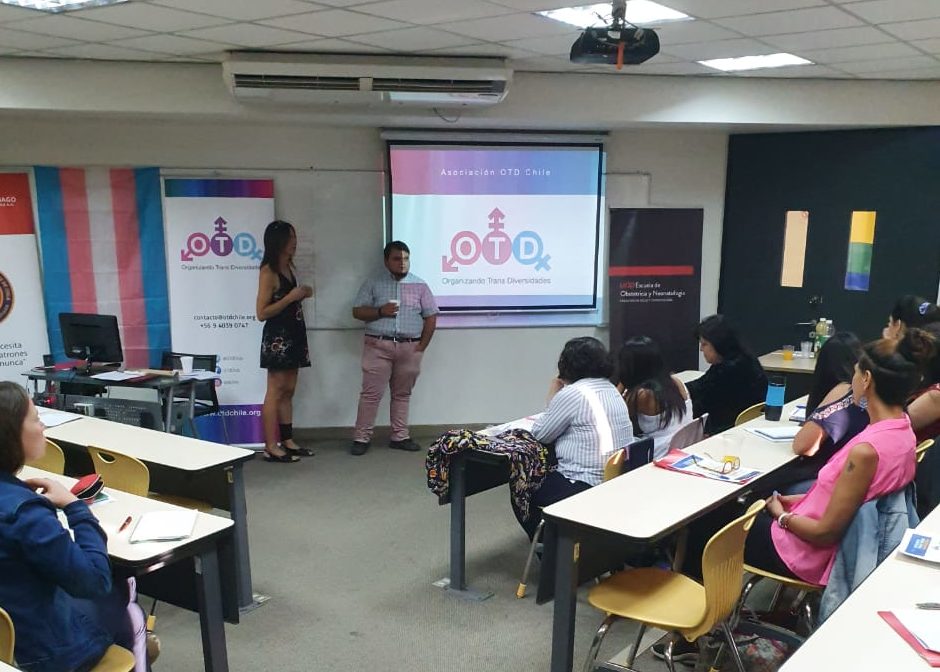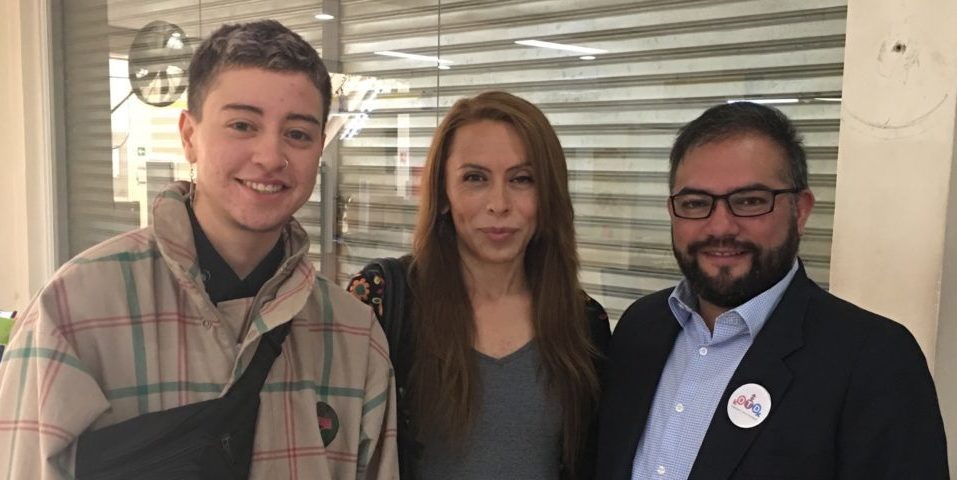The researchers Rhonny Latorre and Arnaldo Salazar published the article “Escolaridad e inclusión: subjetividades trans en el ámbito escolar” (Schooling and inclusion: trans subjectivities in the school environment), the first of a study on the mechanisms of exclusion that exist in the student system.
Rhonny is one of the founders of the Paulo Freire School of San Miguel, he is 32 years old, a sociologist and part of the Reflections and Research Center of the educational center itself, whose purpose is to investigate different needs expressed by the members of the community.
The Paulo Freire School has the two-for-one modality, has 22 professors and 174 students between 16 and 24 years old, whose profile is usually adjusted to people who are excluded from traditional schooling.
They have had several trans or non-conforming gender people in their establishment. “They are generally assumed to be non-binary, that motivated us to try to dig a little deeper,” he said.
This article is the first of this investigation. “Our goal is to reveal the institutional mechanisms that the school system has to exclude certain subjectivities and certain types of students.” In the case of trans people, this is usually evident. “Trans subjectivity within the school system is understood as a border category. They are subject to all forms of exclusion that can occur within the school system” he explains.
The methodology was a focus group, facilitated by the research area of OTD Chile, in which trans people who had access to higher education and who socialized their identity after school participated. All people expressed the need for recognition, at a time when no one named the trans experience as it is currently done.
“By not having an identity recognition and not knowing how to name their identity, there was no reference, therefore first they are assumed as part of sexual dissidence.” Although soon that does not fit your feeling either. “The needs of recognition, which is in any of us, moved in his case to other focuses. These people had an outstanding rank in school, for example, whether in subjects, sports, etc. ”
All people point to the use of binary school uniform, sexist education, use of restrooms, respect for social name and resistance to inclusive language as urgent issues to be resolved.
Currently, the research is still ongoing, including women, LGBTQ people, with special educational needs or with different learning rhythms. On the importance of carrying out these investigations in conjunction with interested social organizations, Rhonny is clear: “we believe in a situated knowledge, in a militant researcher, that participates in the processes that are being studied. We welcome the incipient need for organizations to investigate, but it is important not to replicate this assistentialist research. ”
If you are a researcher and you are interested in this topic, write to [email protected].
Traslation: Mariana Galvez y Lilly Parra.
